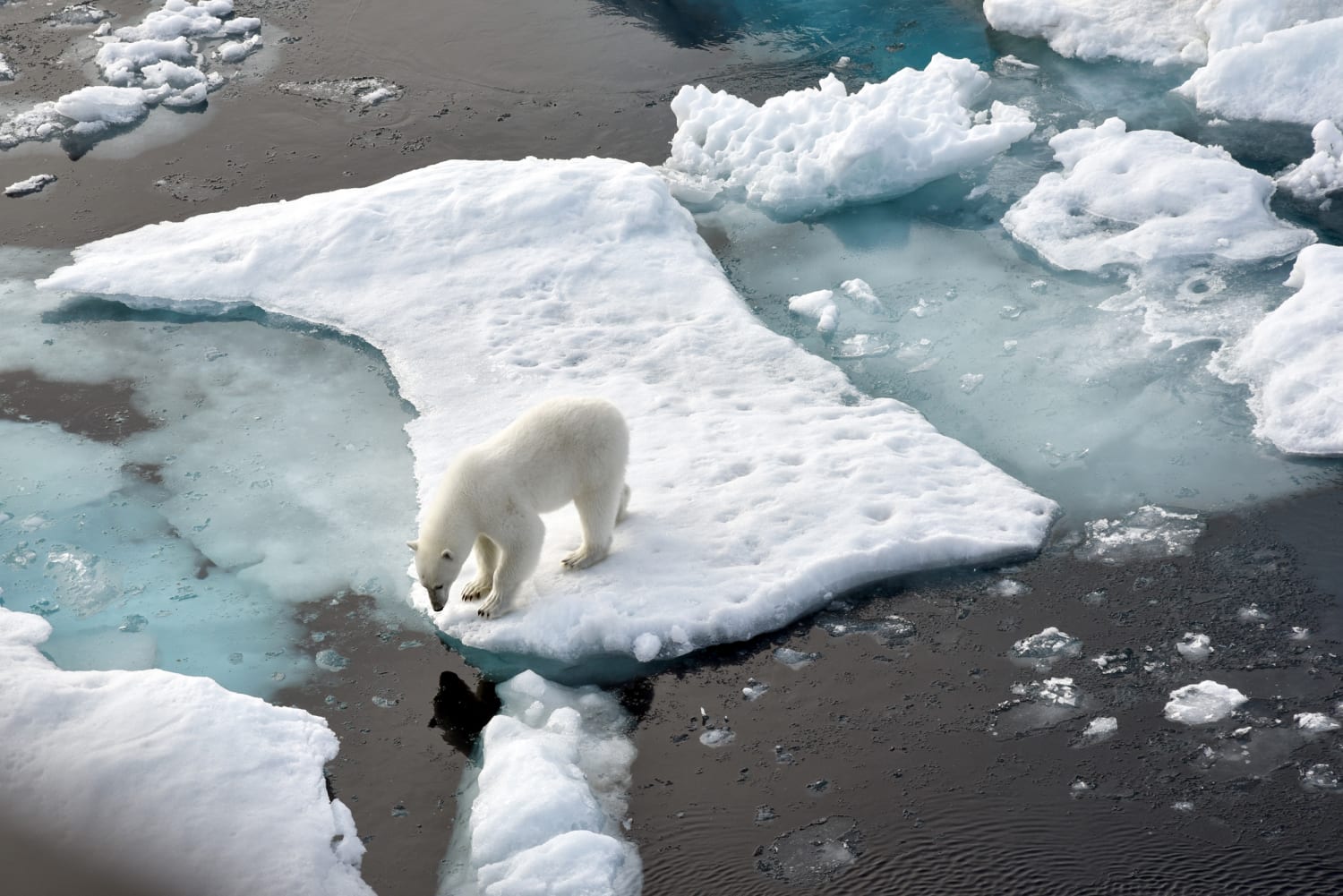Climate change requires action now, a major report says - Six News
The opportunity to secure a viable future for everyone on Earth is disappearing. It was a painful news from a United Nations report Monday’s announcement is the culmination of more A United Nations report has concluded that the opportunity to secure a viable future for everyone on Earth is rapidly running out, and that the main goal of the Paris climate agreement, to limit global warming to 1.5 degrees Celsius, may be out of reach. The report also provides an overview of the latest climate science, summarizes the effects of global warming, and helps policymakers as society tries to adapt and transform. However, concerns about climate justice and blame for the crisis were at the center of attention as scientists and government officials sought to agree on the report’s findings over the weekend. World Leaders November 30-December 12 will attend high-level climate talks in Dubai, United Arab Emirates. The IPCC was established in the late 1980s and conducts a full evaluation cycle every six to seven years.

Publicerad : 2 år sedan förbi Godfrey Kemp i Environment
The opportunity to secure a viable future for everyone on Earth is disappearing.
It was a painful news from a United Nations report Monday’s announcement is the culmination of more than six years of work by thousands of climate scientists contributing to the United Nations’ Intergovernmental Panel on Climate Change.
“The opportunity to secure a decent and sustainable future for all is rapidly running out,” the report’s authors wrote.
However, there is hope.
The report says there is a clear path to a more sustainable world and a stable climate to adapt to climate change and avoid harmful emissions.
“Integrating effective and just climate action will not only reduce losses and harms to nature and people, but also bring greater benefits,” IPCC Chairman Hoesung Lee said in a statement. The report “shows that if we act now, we can still ensure a sustainable, livable future for all”.
The panel also found that the main goal of the Paris climate agreement – to limit global warming to 1.5 degrees Celsius – may be out of reach.
More than 190 countries have agreed to aim for this mark, equivalent to 2.7 degrees Fahrenheit of warming, in 2015 to avoid the most catastrophic effects of climate change. Eight years on, scientists say there is still a “large” gap in countries’ commitments and global warming is “likely” to exceed the 1.5 degree threshold.
More than 93 scientists from around the world contributed to the Intergovernmental Panel on Climate Change’s summary report, which does not present new findings, but provides an overview of the latest climate science, summarizes the effects of global warming, and helps policymakers as society tries to adapt and transform. .
That transformation must come now.
The report says that to limit warming to 1.5 degrees Celsius, greenhouse gas emissions would need to be almost halved by 2030. Human-induced climate change has already contributed to warming the planet by about 1.1 degrees Celsius (2 degrees Fahrenheit) above pre-industrial levels.
Manish Bapna, president and CEO of the Natural Resources Defense Council, said the IPCC report is an urgent call for global action.
“This is the cold truth, laid out in undisputed science by the world’s top climate experts. We are rushing down the road to ruin and time is running out to change course,” Bapna said in a statement.
Concerns about climate justice and blame for the crisis were at the center of attention as scientists and government officials sought to agree on the report’s findings over the weekend.
On Sunday, approval of the report by government officials was delayed as rich and developing countries battled over targets to cut global emissions and provide financial aid to nations least responsible for the climate crisis but most vulnerable to its effects. The Associated Press reported.
The countries agreed to create a compensation fund during environmental talks last year in Egypt at the United Nations climate summit, known as COP27, but had yet to decide how to define which countries would be considered “vulnerable”.
These discussions, along with the IPCC Action Plan, are sure to be hot topics at COP28 later this year. World Leaders November 30-December 12 will attend high-level climate talks in Dubai, United Arab Emirates. This year’s summit will feature the first “global review” to measure countries’ progress in reducing emissions and meeting the Paris Agreement targets.
The IPCC was established in the late 1980s. It is made up of thousands of scientists from 195 member governments who study the latest published and peer-reviewed research on global warming and compile the findings into a report on the current state of the climate.
This latest summary concludes the IPCC’s Sixth Assessment Report, or AR6. The entire analysis consists of four facilities, and the UN team conducts a full evaluation cycle every six to seven years.
During this cycle, the first IPCC report indicated that some climate changes are already occurring, such as warming oceans and rising sea levels, and are “irreversible for centuries or millennia.”
In part two, the researchers described how climate change has caused irreversible changes and will continue to threaten human well-being through heat waves, changes in food availability and increased spread of infectious diseases, among other problems.
In the third report, the scientists presented solutions, saying that the world must, among other steps, switch to renewable energy and stop building new fossil fuel infrastructure.
Ämnen: Climate Change, ESG
